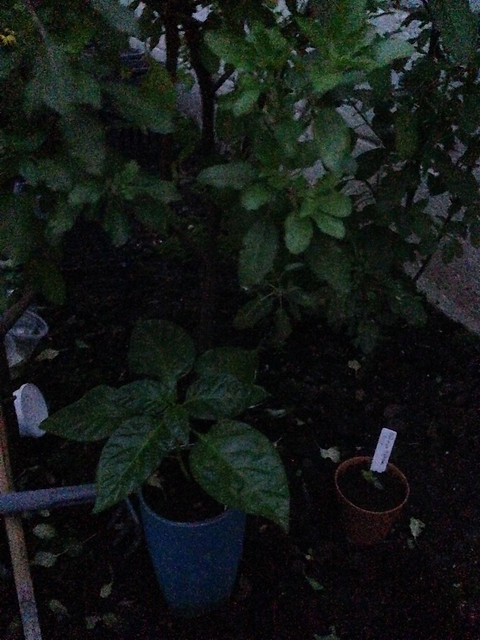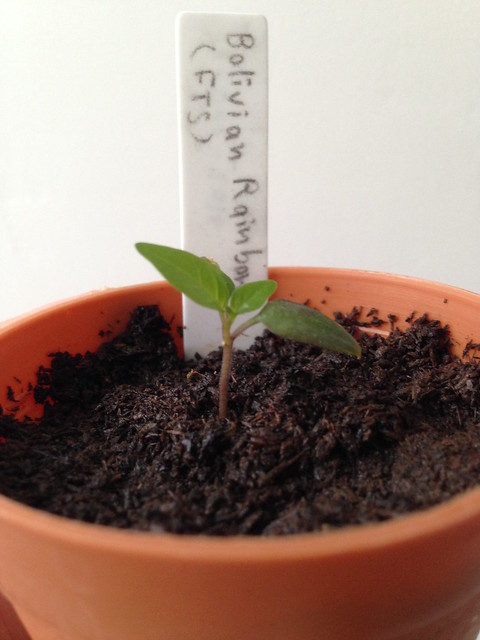I have read before that worm castings are one of the only "fertilizers" that can be used in any quantity, and even with seedlings. You can't over do it.
This year I am just planting directly into 72 ct jiffy pellet trays.
If this is true, I had the idea to just pack a decent amount of castings in between the walls and the jiffy pellets. It should continually soak through the pellets and give the seedlings a continual supply of food until they are ready for transplant.
Thoughts?
This year I am just planting directly into 72 ct jiffy pellet trays.
If this is true, I had the idea to just pack a decent amount of castings in between the walls and the jiffy pellets. It should continually soak through the pellets and give the seedlings a continual supply of food until they are ready for transplant.
Thoughts?




